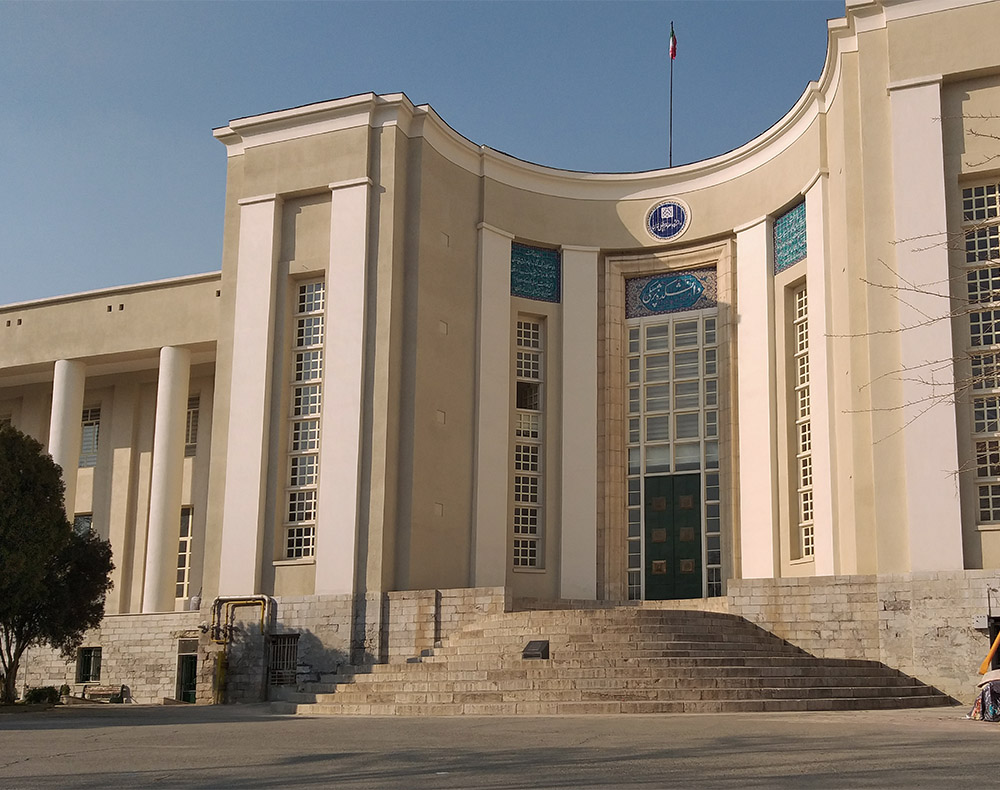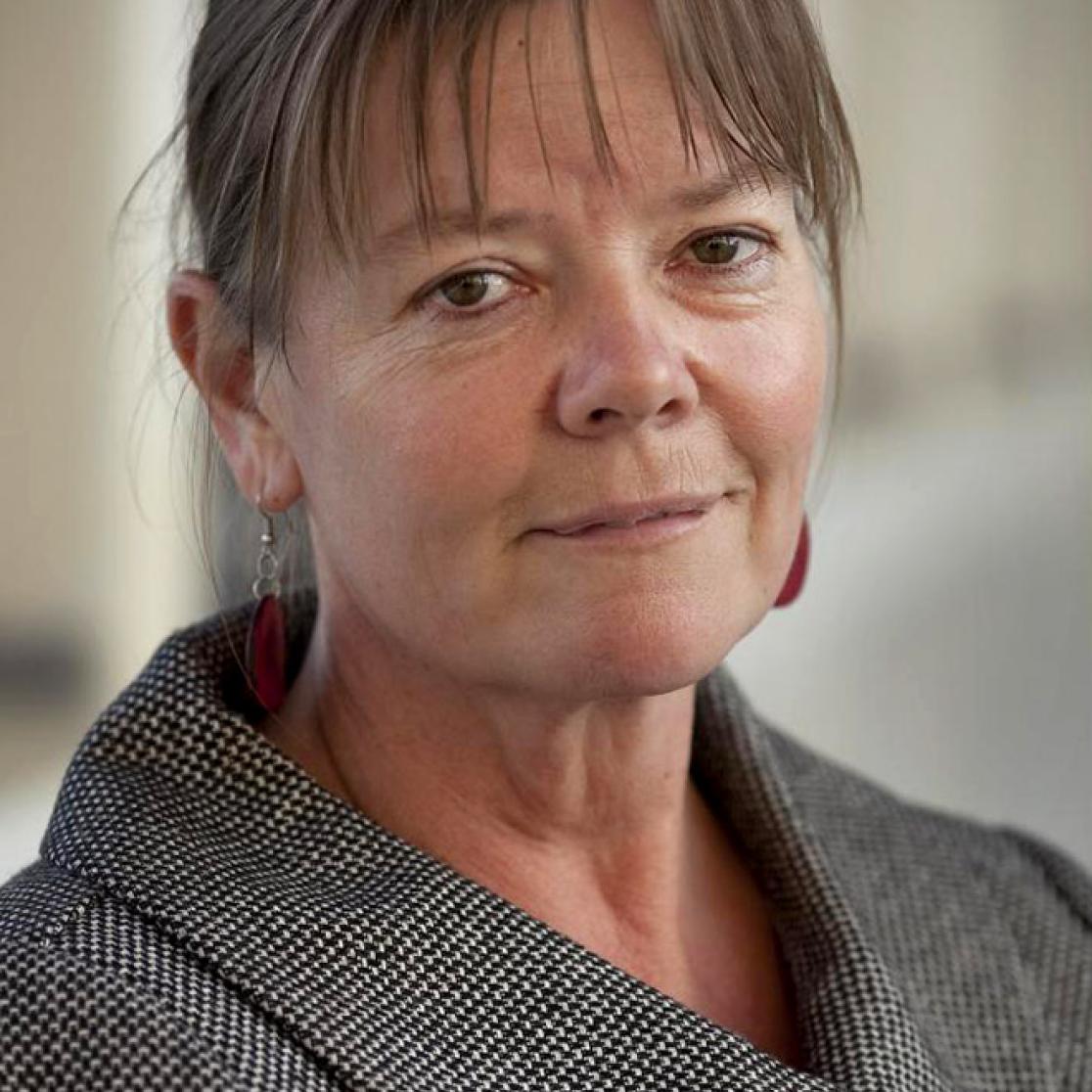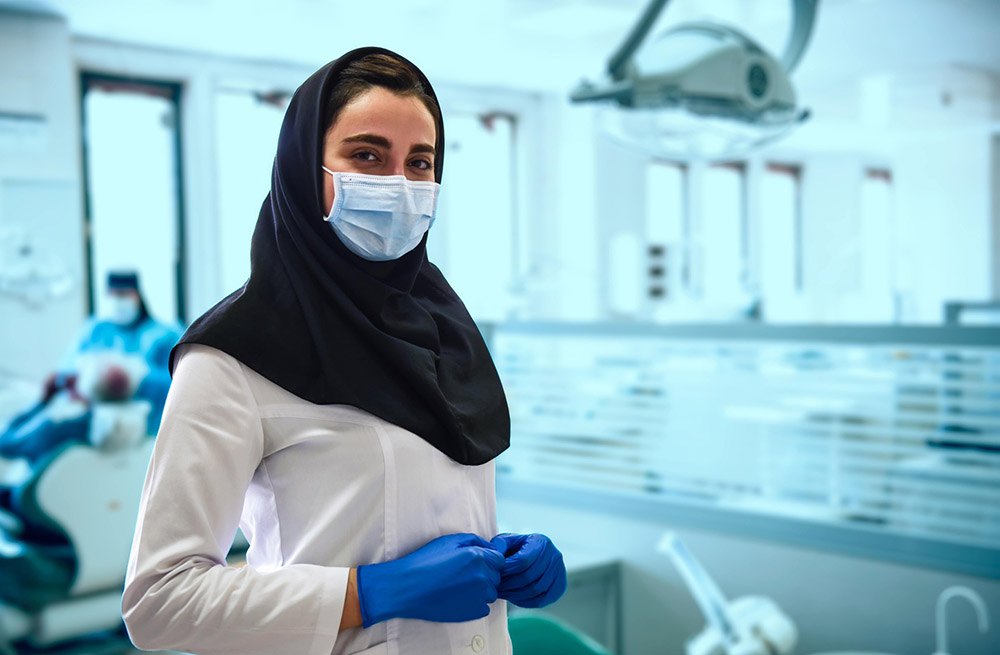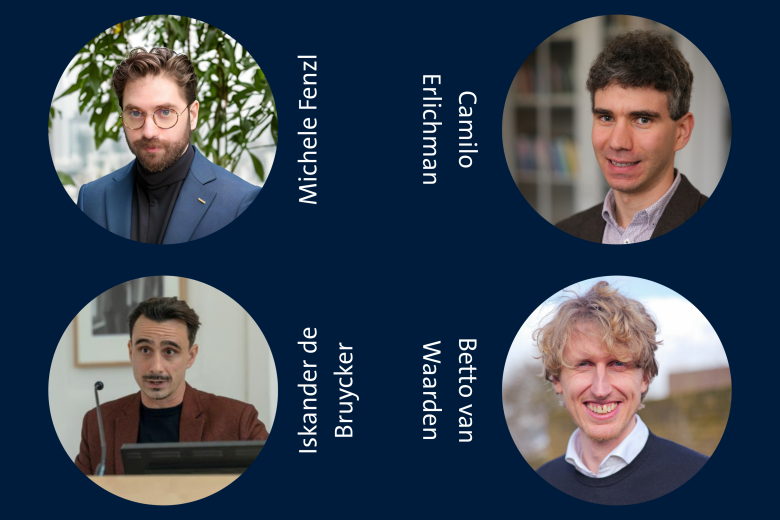Against all odds: setting up a Centre of Excellence and master’s programme of Global Health in Iran
The INPACT project is one of the few academic collaborations between European and Iranian universities that is holding strong since Iran was politically and economically sidelined. That is important, because the absence of global health study programmes in Iran and its region is an important gap in the education of a new generation of health practitioners, policy-makers and policy-influencers. They will have to deal with complex health challenges that are no part of traditional public health teaching. In Iran, the consortium will set up a master’s programme in global health, with a curriculum that focuses on the entire region. Moreover, it will establish a Centre of Excellence that will cater to the needs of the region and aims to become an example to global health expert centres worldwide. Professor Dr. Anja Krumeich of the UM department of Health, Ethics and Society and Prof. Dr. Amirhossein Takian, Chair of the Department of Global Health and Public Policy at Tehran University of Medical Sciences (TUMS) know what any project in global health takes: wisdom, leadership and patience.
Needs of the region
The virtual interview is typical for the Covid-19 situation and in fact for the field of global health, which covers the whole world. Anja Krumeich is in Norway in lockdown; Amirhossein Takian is in Tehran, the interviewer in Maastricht. But it works and it is inspiring to listen to two academics who worked together for years to get this grant and set up this international project. Against all odds, because who could possibly have imagined that at a time of political sanctions European and Iranian universities would receive an Erasmus+ grant. The grant enables the consortium to set up a Centre of Excellence. Amirhossein Takian: “Iran is located in West Asia, we are part of the MENA (Middle East and North Africa), and we belong to EMRO (the Eastern Mediterranean Regional Office of the WHO). This area consists of almost 25 countries, and even though it was not called global health at the time, in terms of public health teaching and collaboration with other countries on communicable diseases, such as malaria, and primary healthcare (PHC) Iran has always been active and leading. The Centre of Excellence we are setting up is not specifically for Iran. That makes sense because a centre for just one country is against the nature of global health. It has to be a truly global and continuous collaboration, specifically with prestigious European universities. Also, the global health master’s programme will fall under the centre and will be one of the services that can be provided through this centre. The first three years of the grant are just the beginning. Ultimately, the entire region will benefit from a sustainable centre, that was our plan from the very start.”

Challenges
It may sound easy, setting up a global health programme in a foreign country, but each programme requires different and specific content, says Krumeich. “Think for instance of the particular need with regard to environment and health. Climate change and health are not working out in the same way in Iran as they would in Europe. So you can have a course on climate change and health both in Europe and in Iran, but the solutions and challenges and possibilities will differ from country to country. The idea is to look at what kind of larger topics are important. How do you need to tackle the problems within the given particularities of the countries in the region we are focussing on?”
Many issues
There are plenty of problems in the Iran region, adds Takian: “We are living in a region that does not run short of disasters. Let’s make a list of the various complexities that we have in this region. On top: historically we are still living in countries where peace is comprised. And peace is one of the pillars of sustainable development, Sustainable Development Goal 16: peace, justice and strong institutions. One of the issues that we are facing in this region, including my home country, is insufficient institutionalisation. It varies per country, but more or less, we have inadequate engagement with the civil society and less than satisfactory public participation in policymaking and governance. Second, disasters, both manmade like war and natural such as flooding and earthquakes are very common in the region. There are 70 million refugees worldwide, half of them in this region. The third major issue is climate change: we are facing some particular examples of climate change that you don't see in other parts of the world. For example, in Iran we have the problem of dust storms that are affecting the health of people in various ways. This problem occurs most in the very densely populated South West of our country where we border with Iraq. Both countries suffer from this and we need to collaborate to solve this issue. To complete the list, the issues of cultural tolerance for global health, specifically in this part of the world, requires more work and practice. Another example: if you look at the number of polio cases, more than 95% are in Pakistan, which borders on the East side of Iran. My country has been 20 year without polio, but we still fear it will return in that region, perhaps partially because of people moving across the border, despite a robust vaccination program that Iran is running in its borders. I hope we can include all these issues as well as other concerns in the curriculum.”

Prof. Dr. Anja Krumeich is Professor in Translational Ethnographies in Global Health at the UM department of Health, Ethics and Society of the Faculty of Health, Medicine and Life Sciences. She designed and coordinates the Maastricht Global Health Programme and conducts and supervises research on culture and health, global health governance, ethnicity and health, community involvement in (global) health care, and implementing innovation in global health.
“A partnership based on patience, perseverance, and mutual respect can help to bridge different worlds and realise the most difficult goals.”
Professor Dr. Anja Krumeich
Learn from each other
The Centre of Excellence will provide TOT (train the trainer) training, conduct research, provide simulations, gamification and case study based approaches for global health training in a truly global way. This means that people from neighbouring countries will come to the centre to teach, conduct research or get training. Staff will not necessarily be permanent, but they will come from our region (a.o. Pakistan, Lebanon, Tunisia, Afghanistan, and MENA) and our European partners. Asked if this centre of excellence is unique in the world of global health, Krumeich answers: “So far, centres of excellence are quite limited in their focus. What is unique in our centre is a real intention to learn from each other. We want to build this together without this old-fashioned notion of capacity building, where European partners train and help others. It is not going to be like that in this partnership. We sometimes tend to forget that outside Europe there are traditions and institutions that have been there for a long time and that we can really collaborate with in a way that is beneficial for both. It is really important to have a regional centre that is at the same time open enough to have collaborations with European and later maybe also with Northern American and African partners. We have enough partners already across the world. It is important to see this centre as the basis for further collaboration.”
Sanctions
In May 2018, when the US pulled away unilaterally from the nuclear agreement with Iran and again started this political sanction, the country went back to the time that continuing relationships became difficult. How did Krumeich and Takian, whose departments are in the lead of the project, and the other partners manage to set up and maintain this collaboration? Krumeich: “The collaboration started already years ago when the situation of Iran was better and because we already had this very strong bond, we managed to go on. Also, I have to mention the president and rector of Maastricht University, who in spite of all kinds of political and economic pressures decided to go for signing the contract in spite of current geopolitical trends. We kept believing that in times where the formal channels are kind of abandoned for collaboration it is very important to keep open the more informal channels. This kind of collaboration keeps the world going behind the scenes in times when it is very difficult.” Takian: “I appreciate the wisdom and support of the top leadership at UM, TUMS and the Ministry of Health and Medical Education of Iran, to be named among a few. We got support from many sides.” Both Krumeich and Takian acknowledge In particular the fundamental role of Dr. Remco Van de Pas from UM and Prof. Reza Majdzadeh from TUMS, without whose enthusiasm and commitment this collaboration was impossible.

Prof. Dr. Amirhossein Takian is Chair of the Department of Global Health & Public Policy, and Vice-Dean for International Affairs at the School of Public Health of Tehran University of Medical Sciences (TUMS), Iran. He is also Advisor for Medical Education Reform and Member of the National Examination Board for Health Policy, Economics and Management at the Ministry of Health and Medical Education of Iran.
“Trust, mutual respect, patience, flexibility and hope are keys to make a difference, for the good of people, when practicing global health.”
Prof. Dr. Amirhossein Takian
How about Problem Based Learning?
For UM people who will wonder if it is possible to implement Problem Based Learning (PBL) in the new master’s programme or that it is too different from the current system, it turns out that Iran is ahead of PBL in the field of healthcare. They don’t simulate, they practice: “Iran has a unique healthcare system, in which public health and medical education and service delivery have been merged for over three decades. We have 67 public medical universities across 31 provinces that are delivering education, conducting research and providing and delivering services from primary medical healthcare such as vaccinations to very advanced secondary and tertiary medical care to the population. At our university, we are responsible for wide public health and global health packages that we are obliged to offer to our population. This provides our students, but also our teachers and researchers with an enormous practical experience from which they will benefit their entire lives.”
text: Margot Krijnen

Also read
-
Four FASoS researchers awarded NWO XS grants
How do lobbyists use disinformation to sway policymakers? Who gets to shape the historical narrative of occupation and violence? Does growing inequality change the way citizens think about politics? And how have politicians defended “truth” across a century of media revolutions?
-
Reducing the Digital Divide: Empowering Students to Train, Evaluate, and Use AI Text Models
The Maastricht Law and Tech Lab, together with the Brightlands Institute for Smart Society (BISS), obtained a € 100.000 a Comenius Senior Teaching Fellow grant.
-
Green school playgrounds boost concentration and wellbeing
Children at schools with green playgrounds are better able to concentrate and display more social behaviour. This is the conclusion of a follow-up study within the long-running project The Healthy Primary School of the Future .